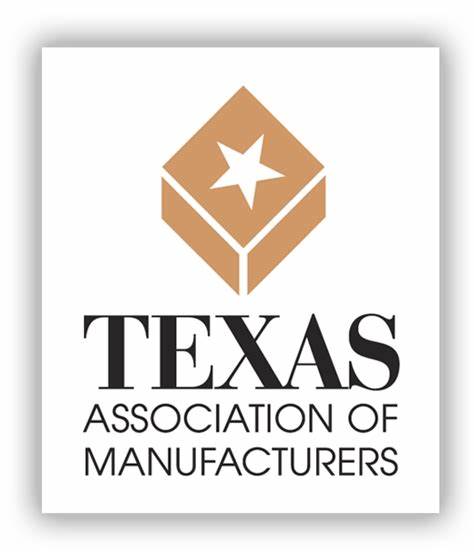By Tony Bennett
Texas has an unrivaled economy, a thriving business community and a robust manufacturing sector. In fact, Texas reported the greatest growth in manufacturing employment over the past 12 months, with 31,200 net new employees in the state, according to the U.S. Department of Labor’s Bureau of Labor Statistics. But a new law, the innocuously named “Inflation Reduction Act” (IRA), is having a chilling effect on innovation and threatens to stunt growth and productivity in Texas. While the IRA has been law for just over a year, Congress can and should enact reforms before the law’s implementation begins in earnest and before our economy suffers irreparable damage.
Reducing inflation is clearly an important goal, but we must always consider the unintended consequences these efforts could have on the thriving culture of innovation we have cultivated in Texas. Texas’ ecosystem of research institutions, startups, and established businesses has enabled us to lead the way in technological advancements, from energy to aerospace to healthcare. However, by increasing taxes on manufacturers and undermining our competitiveness, the IRA threatens to undermine the very foundation of innovation that has made Texas a global powerhouse.
The legislation also further jeopardizes global supply chains, which we’ve seen can cause massive economic disruption in global commerce, with ripple effects throughout every aspect of our economy. A new report from the National Association of Manufacturers out this month details some key lessons learned from the pandemic and reinforces that we must build more resilience in our health care supply chain. At a time when we should be working to increase our manufacturing capacity at home and building a stronger U.S. manufacturing base, the IRA incentivizes the opposite.
While many areas of the economy are impacted by the IRA, the biopharmaceutical industry is especially hard hit. This vital sector delivers medical advancements that save and improve lives, while creating high-paying jobs for Texans and contributing millions of dollars in tax revenues to our communities. According to the Texas Healthcare & Bioscience Institute, the industry employed more than 116,000 Texans across 7,462 business establishments in 2021.
The IRA has the potential to stifle investment in research and development (R&D) among startups and smaller companies, which are the driving force behind innovative small molecule R&D – the backbone of pharmaceutical and chemical industries. Ninety percent of the medicine on the market, including insulin, aspirin, and penicillin, are so-called “small molecule drugs” due to their lower molecular weight. Developing these drugs, which are made from chemical compounds, requires substantial financial support to conduct research and clinical trials and to bring them to market.
The IRA disincentivizes investors from backing these high-risk, high-reward ventures by making them subject to a “small molecule penalty,” also known as a “pill penalty.” The pill penalty gives these drugs a shorter nine-year window to see a return on investment than biologics (or drugs extracted from living organisms), which have a 13-year window. This penalty increases the risk to investors, making these kinds of projects – that often lead to groundbreaking innovations – less attractive. Slower innovation in this field may result in fewer treatment options, higher healthcare costs, and reduced competitiveness in the global market.
Instead of a one-size-fits-all approach, the federal government should focus on targeted policies that foster innovation, encourage investment in R&D, and support our entrepreneurs and small businesses. The IRA currently threatens each of those key components of our biotech ecosystem. Congress must work together to address the real, long-term threats to manufacturing, innovation and investment before those threats impact our long-term health and well-being.
Tony Bennett is the president and CEO of the Texas Association of Manufacturers.




